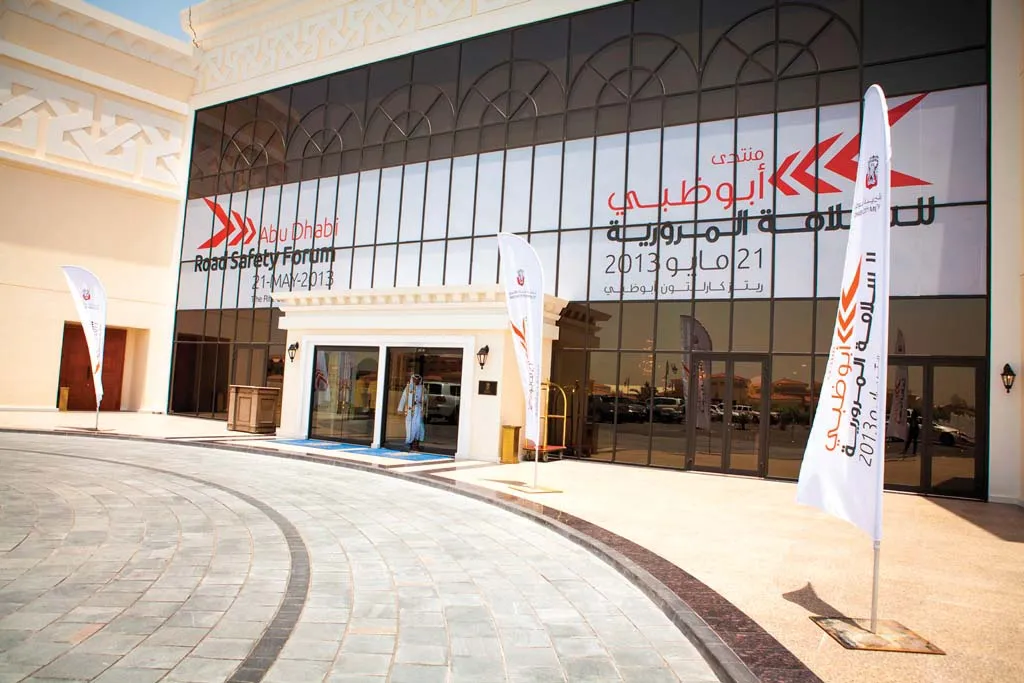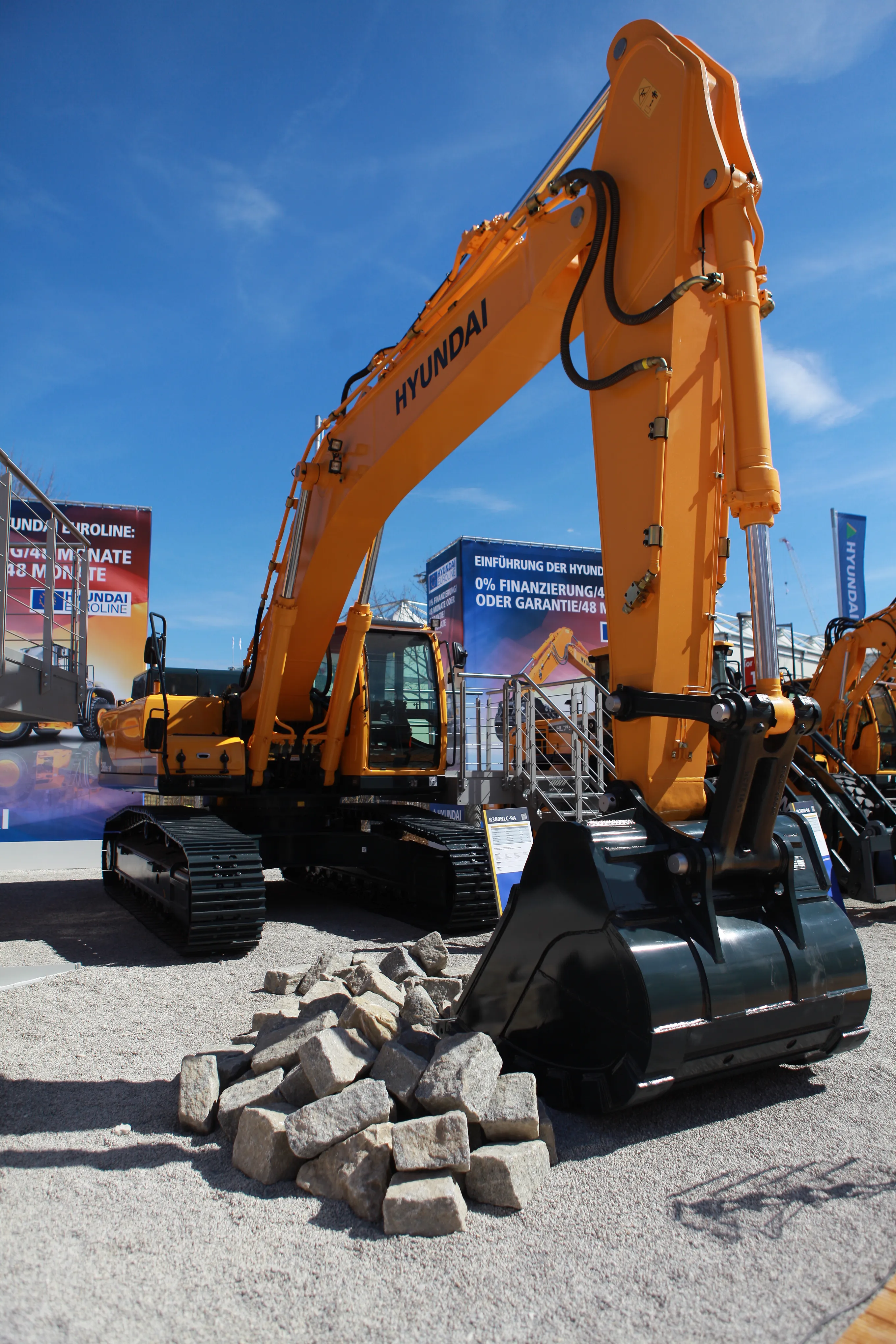In 2010, global road traffic injuries resulted in 1.3 million deaths and were the eighth leading cause of death, with 90% of fatal injuries taking place in low- and middle-income countries
At the root of this crisis in the developing world are persisting managerial and technical capacity weaknesses. For many fast-motorising countries, fragmented legislation, poorly targeted funding, ineffective institutional leadership, and outdated road engineering practices could all translate into failure to meet road
March 13, 2014
Read time: 2 mins

In 2010, global road traffic injuries resulted in 1.3 million deaths and were the eighth leading cause of death, with 90% of fatal injuries taking place in low- and middle-income countries
At the root of this crisis in the developing world are persisting managerial and technical capacity weaknesses. For many fast-motorising countries, fragmented legislation, poorly targeted funding, ineffective institutional leadership, and outdated road engineering practices could all translate into failure to meet road safety targets under the UN Decade of Action.
Taking the measure of the problem, the2462 IRF is working with 2508 Abu Dhabi Municipality to launch a large-scale road safety forum and capacity-building program on May 11-13, 2014 focusing international attention on the drivers of effective road safety interventions.
Policy roundtables will endeavour to identify the causes and solutions to the “capacity gap” between high performing countries and those countries where serious and fatal injuries are on the rise. Additional panels will address risk factors specific to the context of the Middle East & North Africa region.
An associated Innovation Forum will present high-impact demonstrations set up in partnership with supporting organisations and corporate partners. “The Abu Dhabi Road Safety Forum is one of the most comprehensive efforts to date to address the root causes behind lack of measurable progress across many of the countries we work with,” noted IRF president and CEO C Patrick Sankey. “We salute Abu Dhabi’s leadership in this key area, and are proud to support this initiative.”
Now accepting 2014 GRAA applications!
The Global Road Achievement Awards (GRAA) is a one-of-a-kind competition to recognise innovative road projects and exemplary people that place the road industry at the forefront of worldwide social and economic development.
Entries should be submitted by June 30, 2014. More information at %$Linker:2 External <?xml version="1.0" encoding="utf-16"?><dictionary /> 0 0 0 oLinkExternal www.irfnews.org/graa Visit: www.irfnews.org/graa false http://www.irfnews.org/graa false false %>
At the root of this crisis in the developing world are persisting managerial and technical capacity weaknesses. For many fast-motorising countries, fragmented legislation, poorly targeted funding, ineffective institutional leadership, and outdated road engineering practices could all translate into failure to meet road safety targets under the UN Decade of Action.
Taking the measure of the problem, the
Policy roundtables will endeavour to identify the causes and solutions to the “capacity gap” between high performing countries and those countries where serious and fatal injuries are on the rise. Additional panels will address risk factors specific to the context of the Middle East & North Africa region.
An associated Innovation Forum will present high-impact demonstrations set up in partnership with supporting organisations and corporate partners. “The Abu Dhabi Road Safety Forum is one of the most comprehensive efforts to date to address the root causes behind lack of measurable progress across many of the countries we work with,” noted IRF president and CEO C Patrick Sankey. “We salute Abu Dhabi’s leadership in this key area, and are proud to support this initiative.”
Now accepting 2014 GRAA applications!
The Global Road Achievement Awards (GRAA) is a one-of-a-kind competition to recognise innovative road projects and exemplary people that place the road industry at the forefront of worldwide social and economic development.
Entries should be submitted by June 30, 2014. More information at %$Linker:







